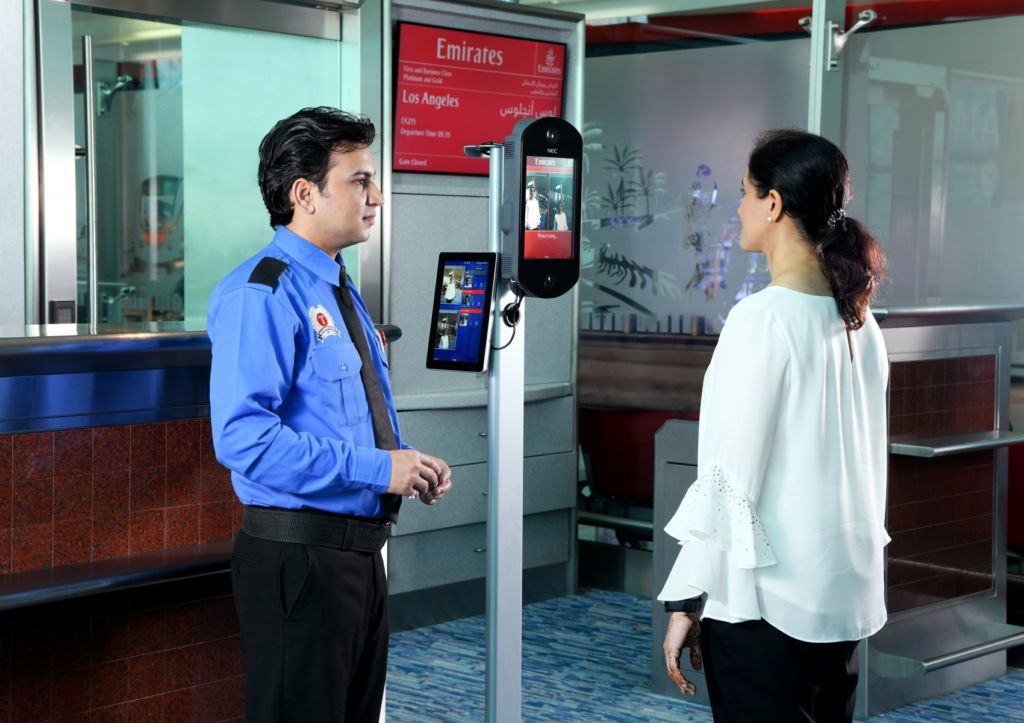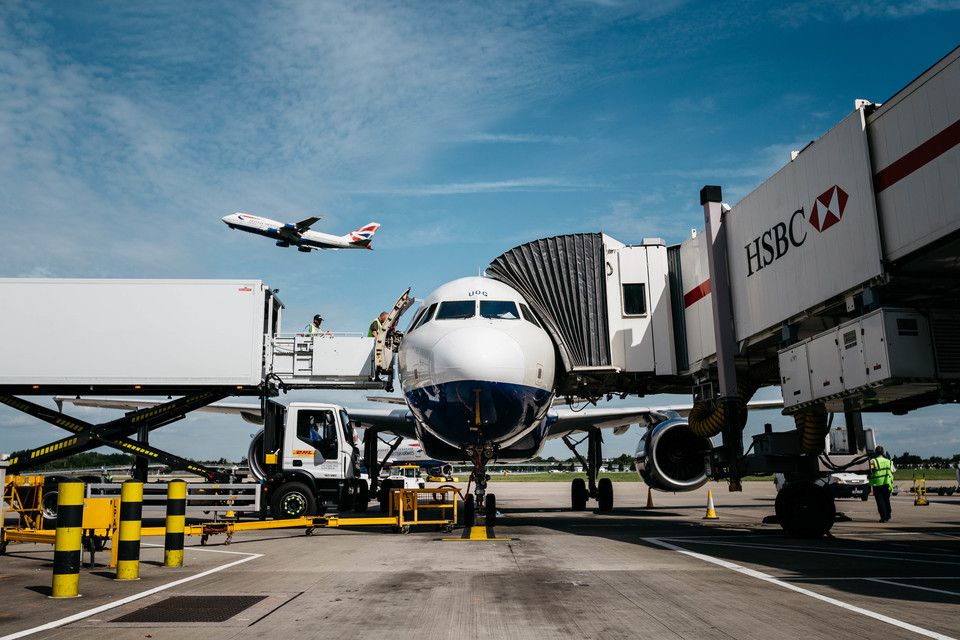A study conducted by the international management consulting firm Oliver Wyman sheds light on the significant potential of generative AI in travel. The survey, involving 1,100 leisure travelers in the US and Canada, underscores the increasing interest in integrating generative AI recommendations into travel planning.
Generative AI in Travel. Leisure traveler perspectives
More than a third of surveyed leisure travelers recently used generative AI in travel planning or booking, and approximately half of those who used it booked all or most of the recommendations they received. The technology is providing valuable guidance to travelers that they’re prepared to act on — 44% already trust AI throughout the booking journey — despite still lacking robust personalization capabilities. All told, a whopping 84% of respondents reported being satisfied or very satisfied with the quality of AI’s recommendations.
Despite their novelty, AI tools have already caught the attention of leisure travelers, with over a third (34%) experimenting with them and half of those users (52%) opting to book most or all of the suggested options.
The survey also revealed that 44% of travelers trust generative AI in travel planning and booking process, even though these tools are still in the early stages of developing robust personalization capabilities.
Elite travel loyalty members
Generative AI has gotten particular attention from elite airline, hotel, and cruise line loyalty members, whose 48% usage rate is more than double that of non-members. The outsize influence the technology has had on suppliers’ most valuable customers is notable, especially if tools begin redirecting elite loyalty members to plan and book their travel through competing channels.
Cruisers
Cruisers, in particular, have shown a propensity for utilizing generative AI in booking add-ons such as shore excursions, presenting an opportunity for cruise lines to enrich their offerings and reduce indirect channel costs.
Fifty-six percent of travelers who had taken at least one cruise since the beginning of 2022 previously used AI tools, compared with 34% of all travelers. This usage rate increases as cruise frequency (that is, customer value) increases as well: 60% of travelers who had taken two or more cruises during the same period had used AI tools, compared with 53% of those who had taken only one.
Cruisers also seem likely to shift their booking behavior with the availability of generative AI. In our survey, 62% of cruisers trust AI to book its recommendations (compared with 44% of all travelers), and 70% said they would select a booking channel based on whether it offers AI functionality (compared with 55% of all travelers).
AI tools also hold promise for boosting the online presence of cruise bookings and simplifying the booking process for additional travel services like car rentals and activities.
The potential development of personalized itineraries through generative AI could lead to a surge in vacation package bookings. As leisure travelers continue to embrace this technology, stakeholders in the travel industry must strategize on how to leverage AI to enhance customer experiences and drive business growth.








